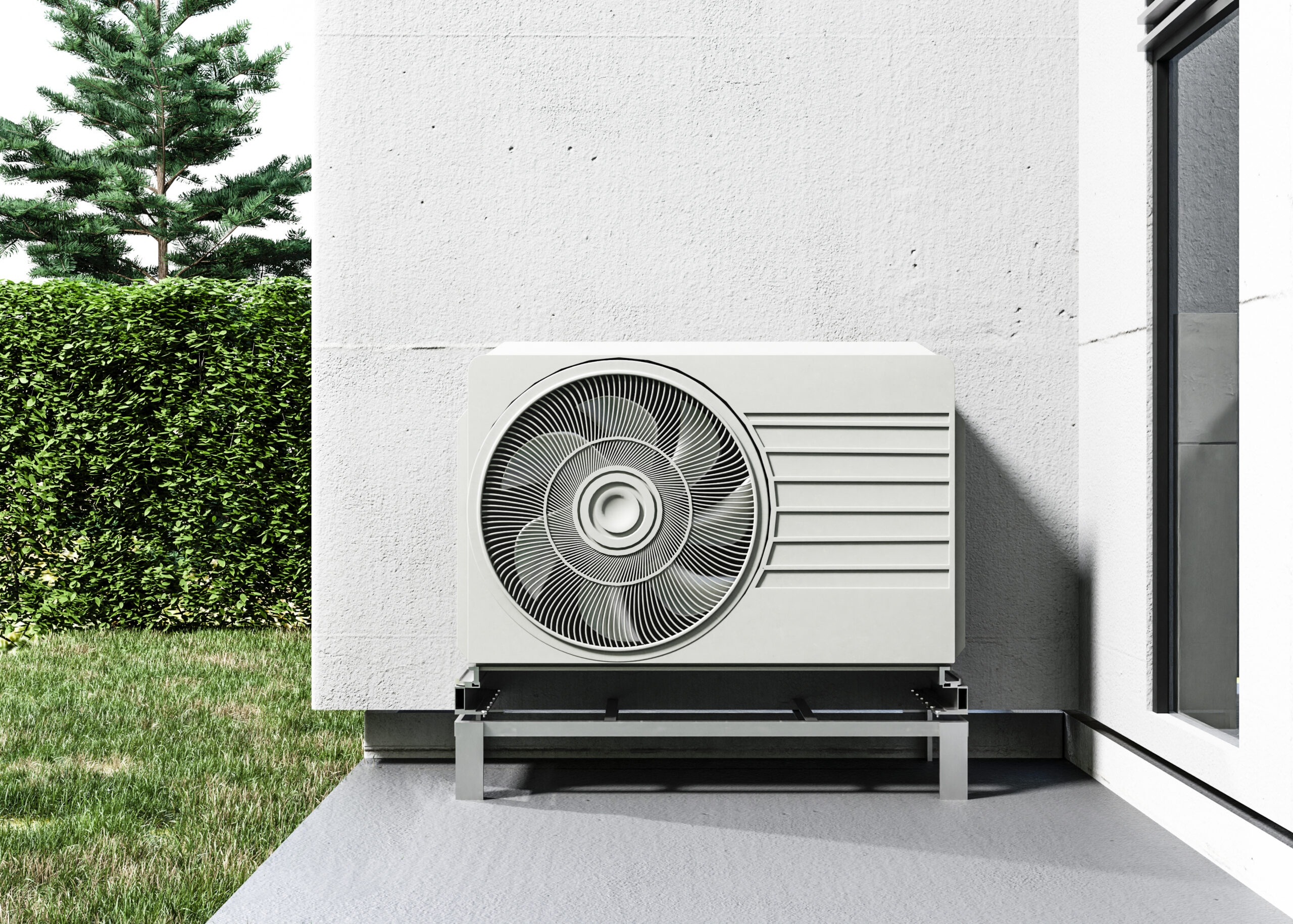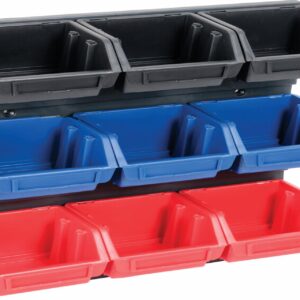If you’re looking for ways to reduce your energy bills and live a more eco-friendly life, an air source heat pump (ASHP) is your new best friend. Heat pumps have become more prevalent in recent years, and for good reason: they help keep your home warm in winter and cool in summer while using less energy than traditional heating systems. But how exactly can an air source heat pump help you save money? Let’s dive into the details.
What Is an Air Source Heat Pump?
Before we get into the savings part, let’s quickly go over what an air-source heat pump actually is. Unlike gas boilers or electric heaters that create heat by burning fuel or using electrical elements, air-source heat pumps extract heat from the air outside, even when it’s cold. They use a refrigerant to absorb heat from the air, which is then transferred into your home to keep it warm.
In the summer, the system can be reversed to work like an air conditioner, moving warm air out of your house to keep it cool. Pretty smart, right?
Lower Energy Bills
One of the most significant ways an air-source heat pump can save money is by lowering energy bills. Because it does not burn fuel to create heat, it uses significantly less energy than conventional heating systems like gas boilers or electric heaters.
Most air source heat pumps are incredibly efficient, typically producing 3 to 4 units of heat for every unit of electricity used. That means you’re getting more heating power while using less energy. Switching to a heat pump could drastically reduce your monthly energy costs if you’re currently using oil, LPG, or electric heating.
Even if you’re using natural gas, which tends to be cheaper than other fuels, the energy efficiency of an ASHP can still lead to noticeable savings over time.
Taking Advantage of Government Incentives
Another way to save money is to take advantage of government incentives or rebates for installing energy-efficient systems. In many countries, schemes exist to help homeowners with the upfront costs of installing a heat pump. These incentives can come in cash grants or long-term savings through reduced energy taxes or subsidies.
For example, in the UK, the government’s Boiler Upgrade Scheme offers financial support to help cover the cost of installing heat pumps. In the US, various rebates and credits are available depending on your state. Check with your local government to see what’s available in your area—it could significantly reduce the initial cost of your heat pump installation.
Lower Maintenance Costs
Air source heat pumps are generally low-maintenance compared to traditional heating systems. They have fewer moving parts than gas or oil boilers, meaning less can go wrong. An ASHP can last 15-20 years or more with proper maintenance. Regular servicing will keep it running efficiently, but overall, you’re likely to spend less on repairs and replacements over the system’s lifetime than traditional heating systems.
A yearly service is usually enough to ensure everything is running smoothly, and even though this does come with a cost, it’s typically cheaper than maintaining a boiler.
Savings on Cooling
Another perk of air source heat pumps is that they work as both a heater and an air conditioner. If you’re using a separate air conditioning unit during the summer, you can eliminate the need for that once you have a heat pump. Not only does this save you the cost of running an AC unit, but it also reduces the clutter of having multiple systems in your home.
Since the heat pump can move heat in both directions—taking it out of your house in summer and bringing it in during winter—you get year-round comfort from just one system. This dual function means you get more bang than systems that only heat or cool.
Consider Solar Panels for Even More Savings
Consider pairing your air source heat pump with solar panels to supercharge your savings. Solar panels can generate electricity to power your heat pump, meaning you can heat and cool your home for free once the solar panels are installed. Although the initial costs for both systems are high, the long-term savings could be substantial, especially if you plan to stay home for the foreseeable future.
Is an Air Source Heat Pump Right for You?
While air-source heat pumps require an upfront investment, the long-term savings on energy bills, maintenance, and cooling costs make them a great choice for many homeowners. Add in the potential government incentives and environmental benefits, and you’ve got a system that not only saves you money but also helps the planet.
If you’re serious about lowering your energy costs, reducing your carbon footprint, and future-proofing your home, an air source heat pump could be a smart investment. Do your research, check for government grants, and get advice from a professional installer to ensure you get the best system for your home.




